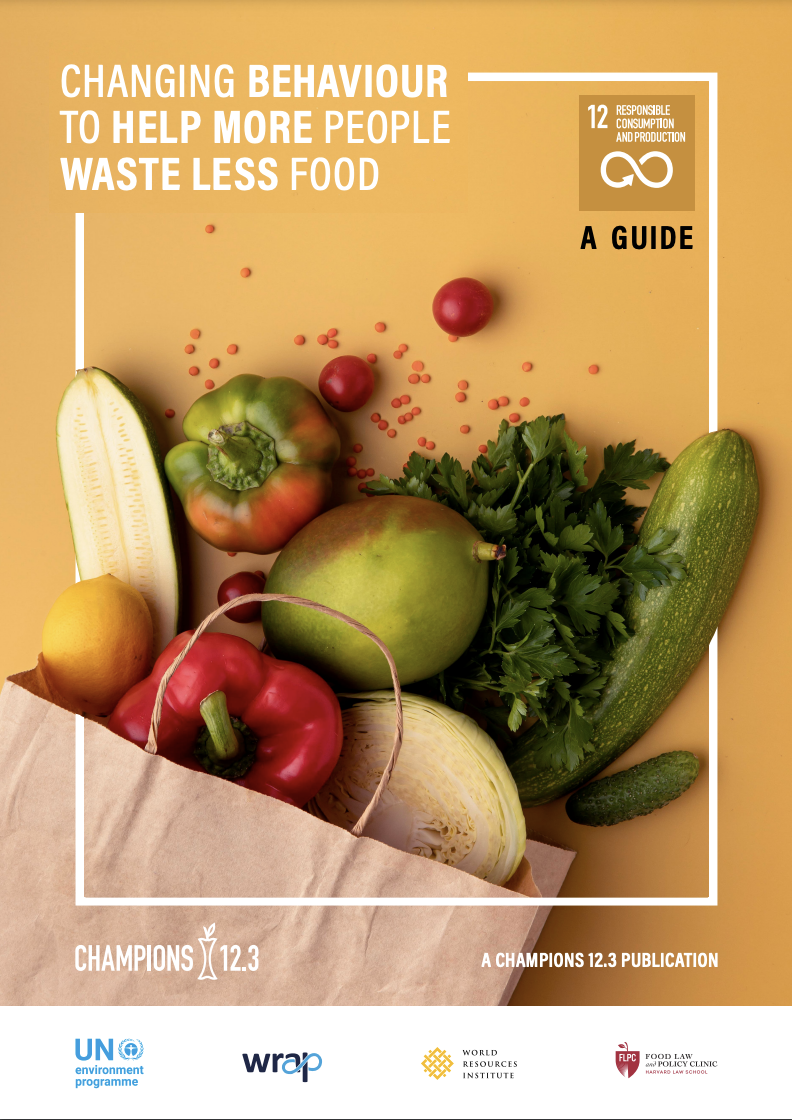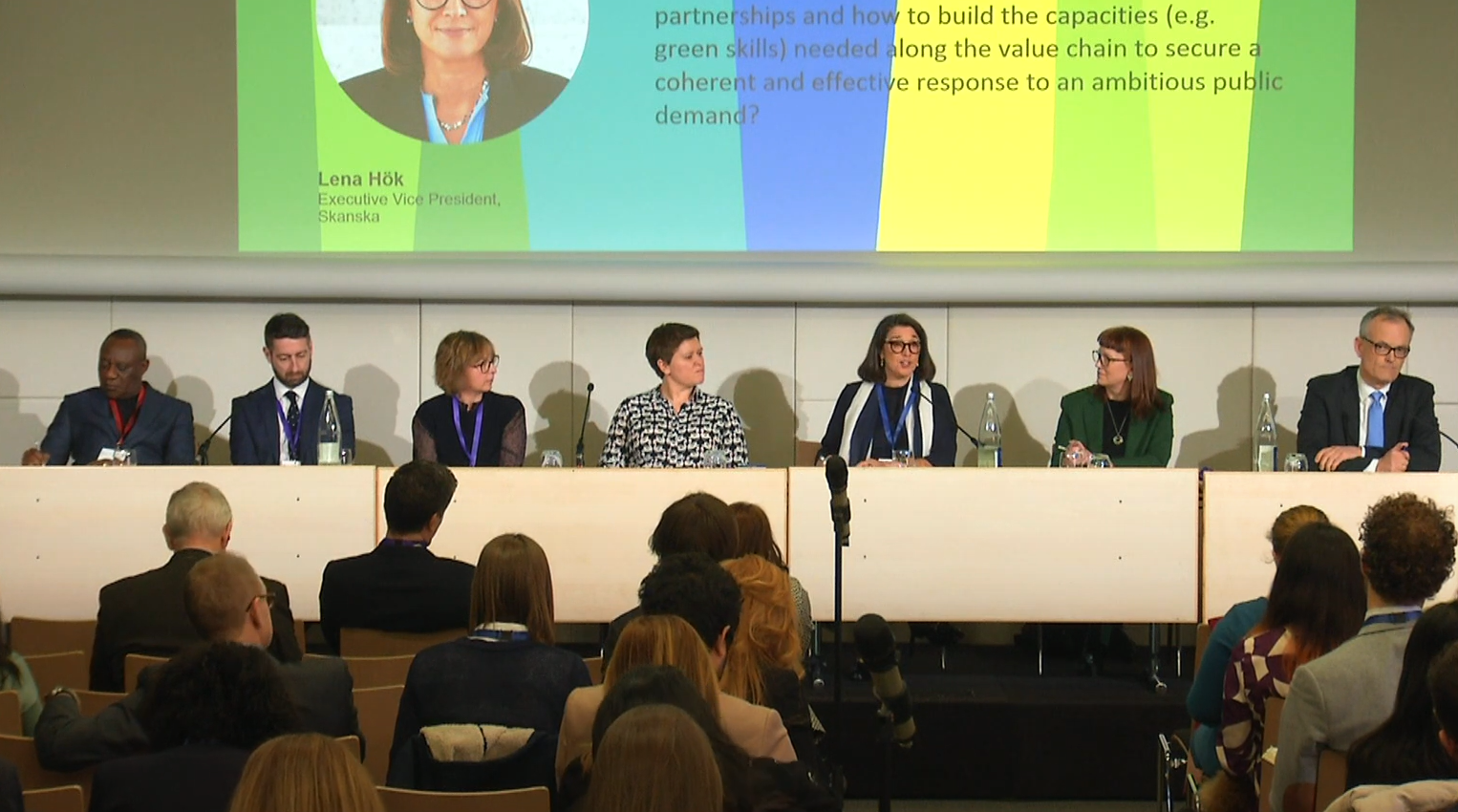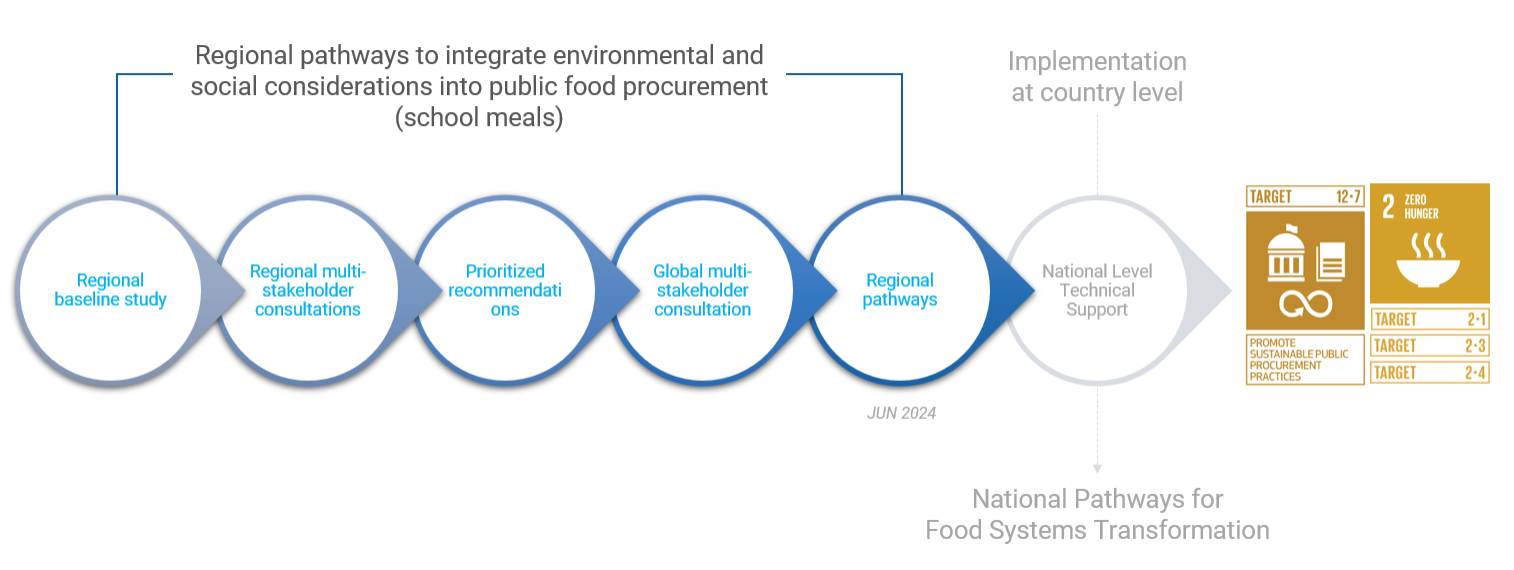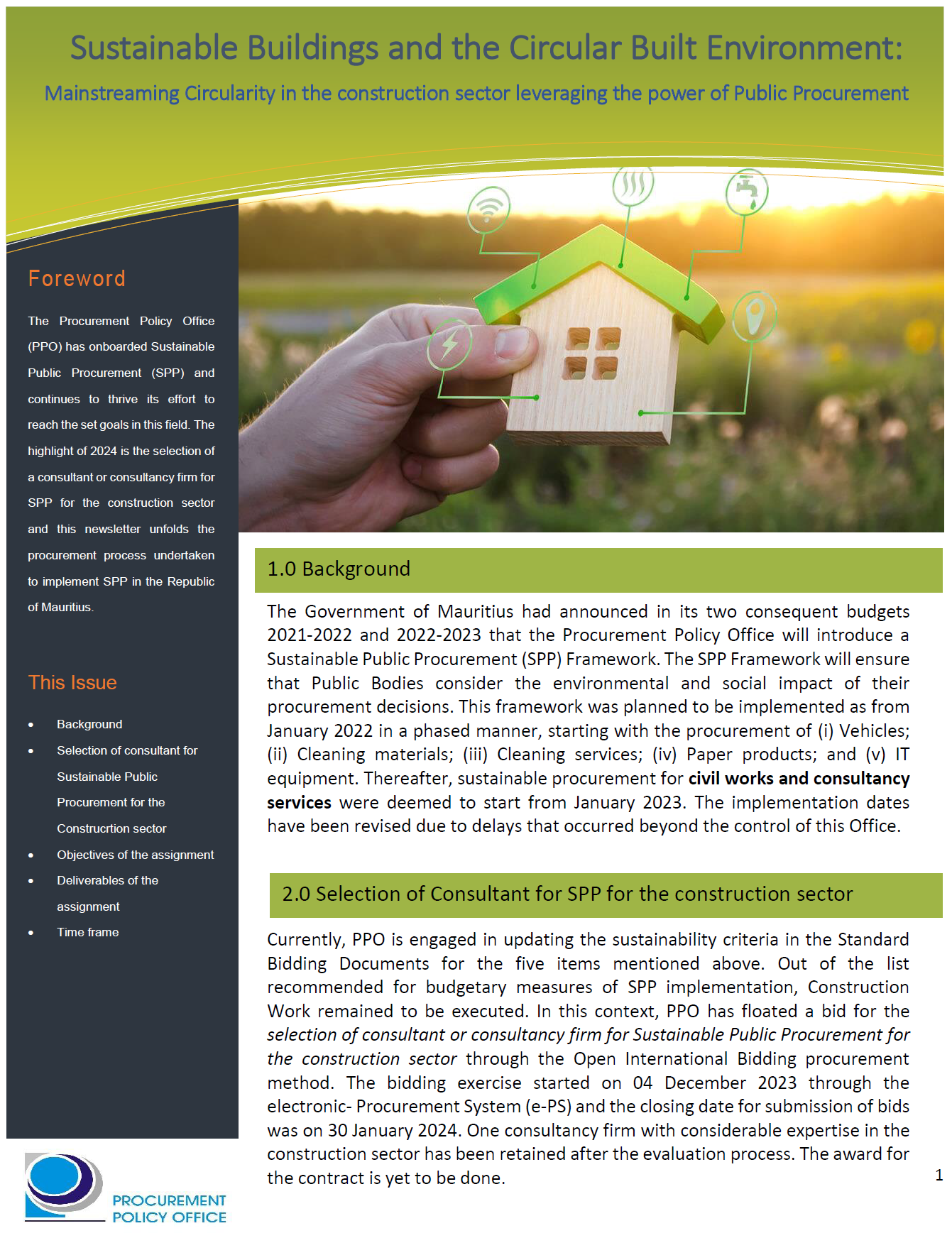Changing Behaviour to Help More People Waste Less Food
Food loss and waste occurs throughout the food system – from farm through to fork. This guide focuses on food waste from households which is a significant issue in many countries. The causes of food waste at household level are complex. There are many drivers and many behaviours which lead to food being wasted. The main reasons for food being wasted are: (1) food not being used in time, possibly because of sub-optimal storage, lack of planning, lack of skills and knowledge or (2) through having leftovers which are then not used. Reasons for food waste can occur during the planning, shopping, storing, preparing, and/or consuming stages of consumer behaviour.
Many organisations and others who interact with householders have a role to play in helping people reduce the amount of food they waste – by helping to raise awareness and then helping address the barriers to reducing food waste, whether they are related to the product offering or a result of behaviours, skills and knowledge.
Champions 12.3 has collated this guide to help key actors in the food system to focus on how they can help consumers reduce food waste through behaviour change. In June 2021, the World Resources Institute (WRI) hosted a behaviour change webinar, followed by a workshop that convened leading experts behind some of the most prominent efforts to reduce consumer food waste to share their knowledge and best practices. The output from the workshop has informed the content of this guide (as indicated by “What the experts say” sections throughout), which also incorporates illustrative examples of consumer food waste interventions from around the world.
This document aims to guide actors towards actions they can take to help consumers change behaviours that may lead to food waste arising in households. In doing so, the guide takes into account the fact that multiple actors can influence how consumers deal with food waste. It also deliberately allows the reader to refer to the section that is most relevant to them and the actions they can take to help people reduce food waste. It is designed to allow the reader to dip into relevant sections as well as provide a comprehensive overview of the approaches and interventions that have been shown to reduce food waste.
External source(s)



